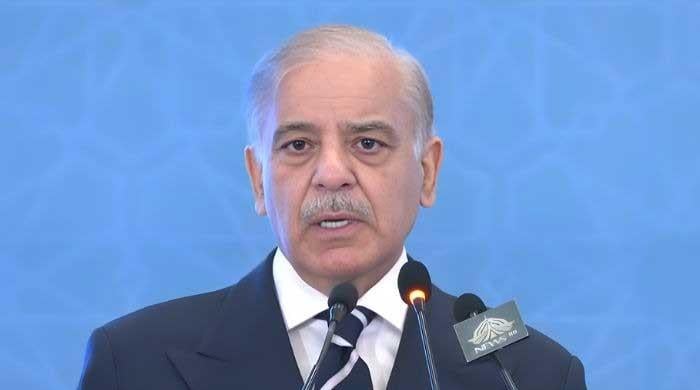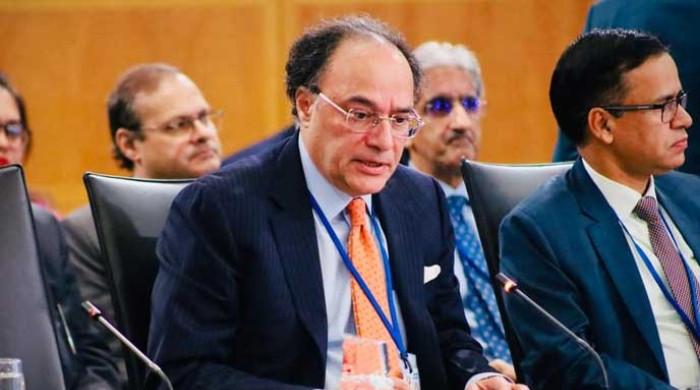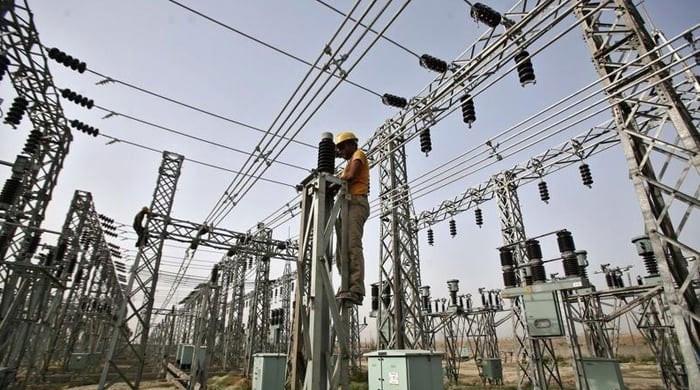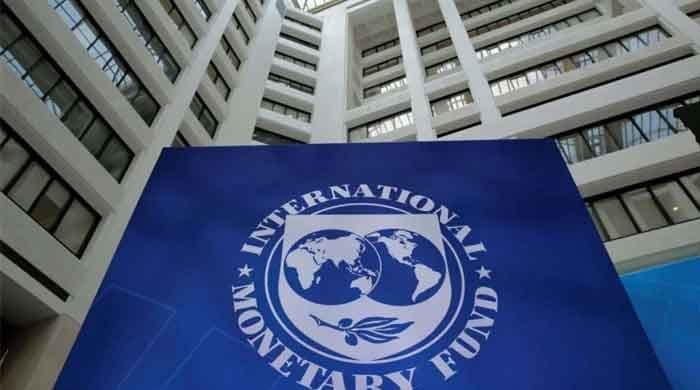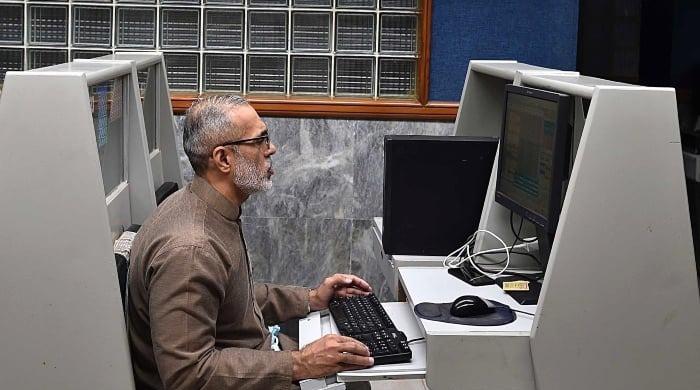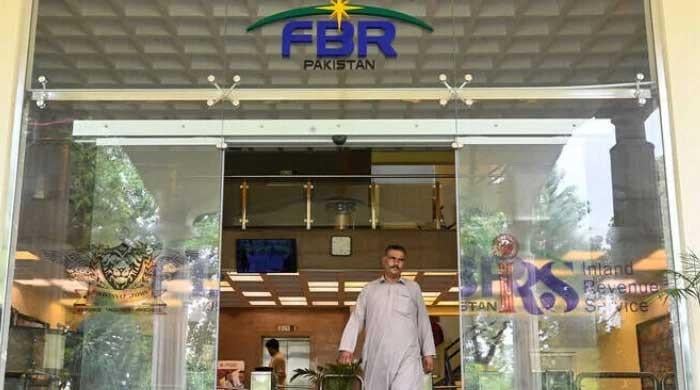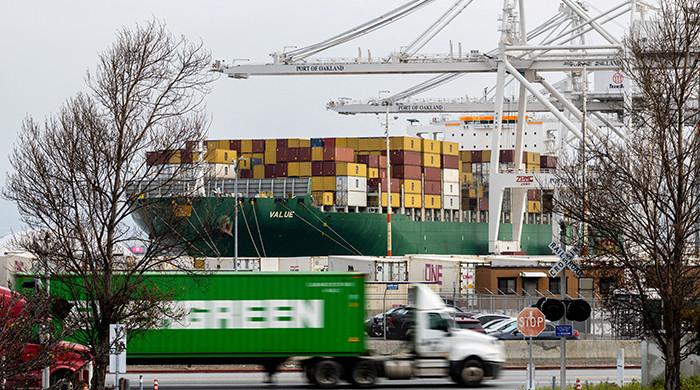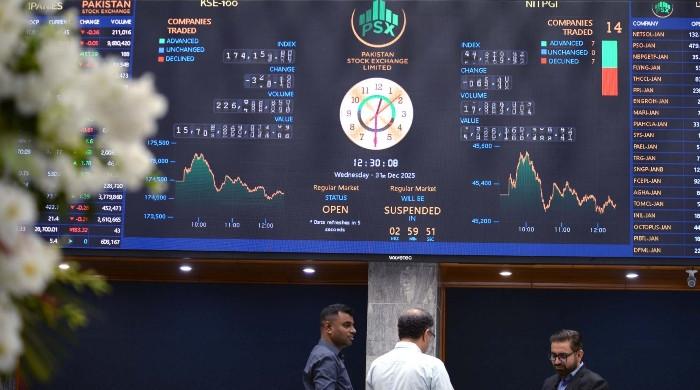Risk or opportunity? Pakistan enters volatile crypto market
"Pakistan opting for Bitcoin as strategic reserves would be an innovative yet experimental policy," says Nighat Dad
May 30, 2025
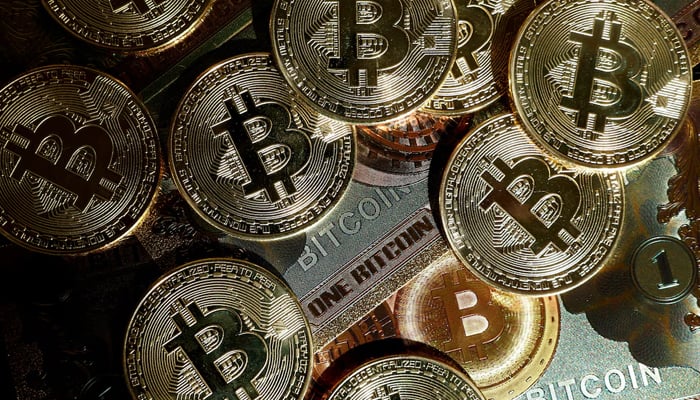
In a landmark announcement at the Bitcoin Vegas 2025 summit, Pakistan introduced its first government-backed Strategic Bitcoin Reserve, signalling a dramatic shift in the country’s approach to digital finance.
The move, announced by Minister for Crypto and Blockchain Bilal Bin Saqib, aims to establish Pakistan’s presence in the global crypto economy without entering speculative or trading activities.
Instead, the reserve is being framed as a sovereign asset, much like gold or oil, to stabilise the economy during times of financial stress.
This development arrives amid growing domestic involvement in digital currencies. Pakistan currently has around 20 million individuals associated with cryptocurrency — an unregulated space from which the government currently earns no tax revenue. The government also announced the allocation of 2000MW of electricity to support Bitcoin-related infrastructure, marking a significant commitment toward the sector.
Despite the excitement surrounding this digital pivot, the move has also raised critical questions.
In a special segment on Geo News’ morning show "Geo Pakistan", Nighat Dad, Executive Director of the Digital Rights Foundation, explained what the term “Strategic Bitcoin Reserve” entails.
“Strategic reserves are assets that countries hold to buffer themselves during crises,” she said. “While many nations keep gold or oil, Pakistan opting for Bitcoin would be an innovative yet experimental policy. Globally, only El Salvador has adopted such an approach by legalising Bitcoin in 2021 and including it in its national reserves.”
Dad cautioned that this bold move places Pakistan in uncharted territory, especially given its ongoing negotiations with international lenders like the International Monetary Fund (IMF) and World Bank.
“Such steps raise concerns for global financial institutions. So while this could be a historic opportunity, it's equally risky. Strong regulation and transparency are essential, as is building trust with international financial institutions,” she added.
Pakistan’s crypto user base, according to a 2021 global index, ranked 10th in the world. The digital expert emphasised that freelancers and overseas Pakistanis have already been benefiting from digital currencies. However, the lack of regulatory clarity has forced many users onto unsafe, unregistered platforms, exposing them to fraud.
“If the government brings crypto into the regulatory fold and links it to the banking system, it will enable freelancers to operate within the legal economy. This will not only integrate Pakistanis into the global financial system but also create a new tax stream,” the Digital Rights Foundation's chief said. “But these benefits are only possible if the legal and regulatory framework is public-friendly and timely.”
Regulator, not investor
Amid rising interest in the crypto space, some critics argue that the state should avoid direct investment and instead allow the private sector to lead.
On this, Dad offered a firm stance: “There’s a global precedent — countries like the US and UK regulate crypto but don’t invest in it. The reason is simple: governments that both invest and regulate face a clear conflict of interest. Policy-making must remain unbiased, especially in such a volatile sector.”
She further warned that if public money is funnelled into crypto and the market crashes, the political and economic fallout could be severe. “The state should act as a regulator and educator, not an investor. Transparency must remain the foundation,” she said.
When asked whether Pakistan’s younger generation should engage with this digital economy, Dad was optimistic yet cautious.
“Crypto and blockchain are not just about investment — they represent a new economic frontier. They’re enabling new forms of employment and digital financial freedom. But it starts with digital literacy. People must learn what NFTs are, understand decentralised finance, and get familiar with digital wallets,” she added.




